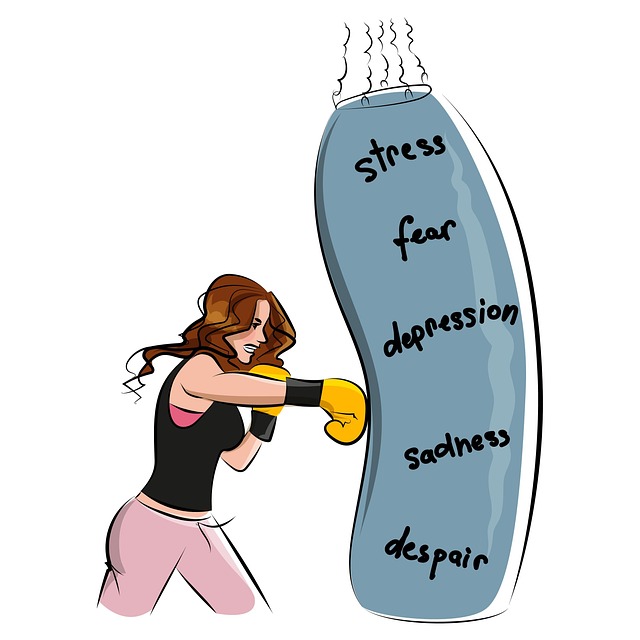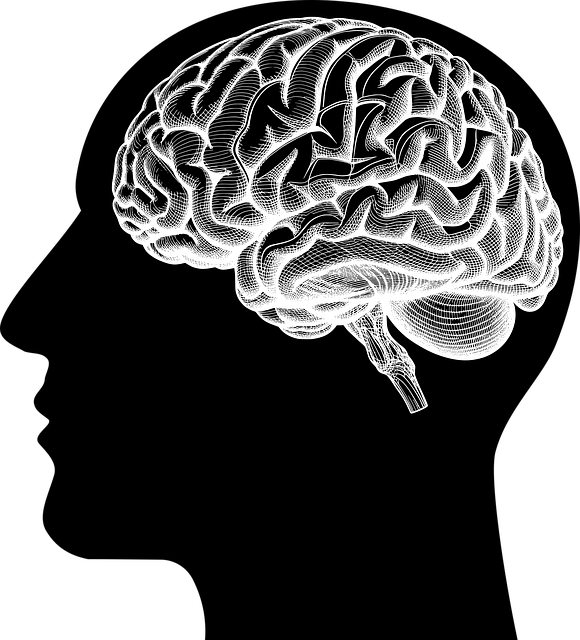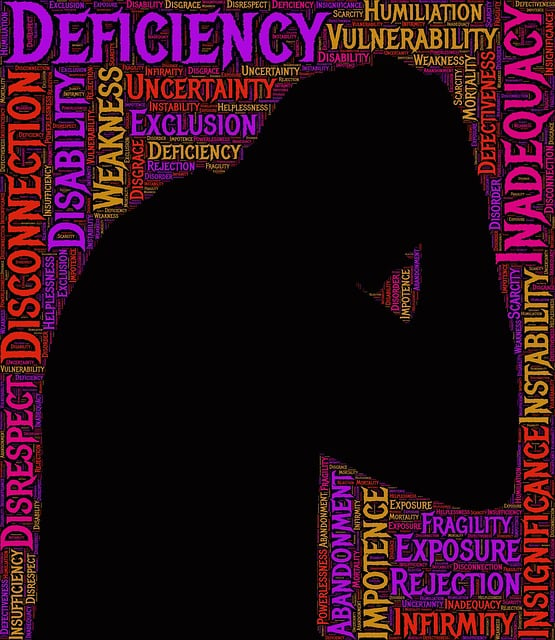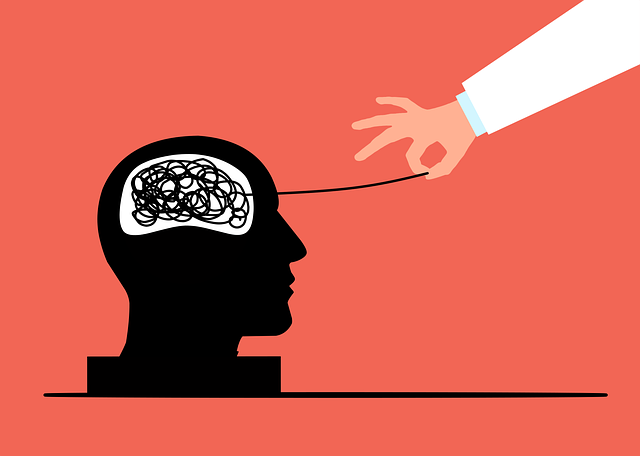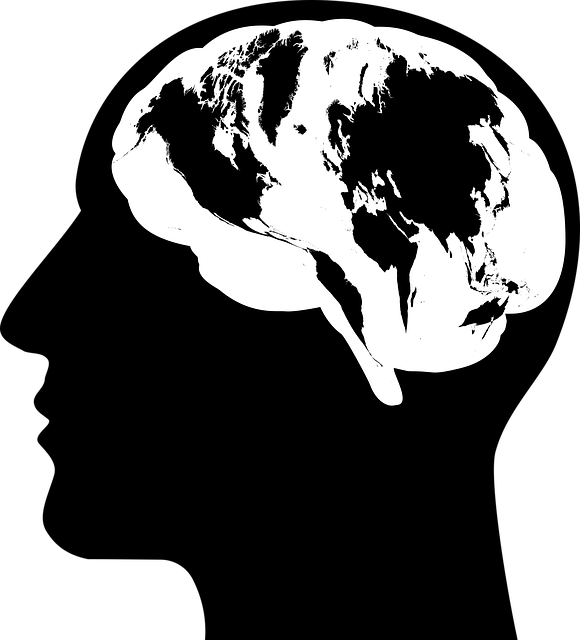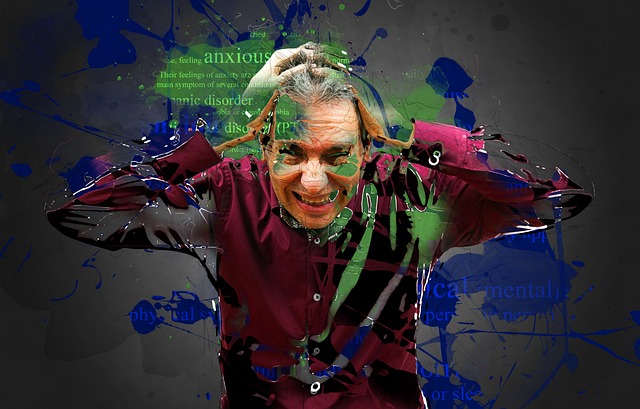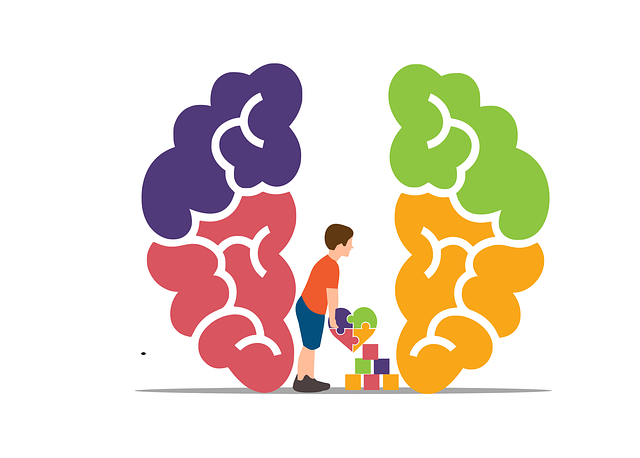Media portrayal of mental health significantly impacts public perception, with accurate and compassionate depictions reducing stigma, fostering empathy, and encouraging support for those struggling. In Longmont, a lack of culturally sensitive mental health services for Mandarin Chinese speakers led to the creation of Longmont Mandarin Chinese Speaking Therapy, offering specialized care through their primary language. Collaboration between media professionals and mental health experts, like Longmont Mandarin Chinese Speaking Therapy providers, is crucial to create authentic portrayals that challenge stereotypes, promote understanding, and inspire hope, ultimately reducing stigma around mental illness.
“In today’s media landscape, accurate representation of mental illness is crucial for fostering understanding and reducing stigma. This article explores how media portrayal impacts mental health awareness and offers innovative solutions. We highlight the role of Longmont Mandarin Chinese Speaking Therapy in bridging cultural gaps and providing specialized support.
Additionally, we present strategies to encourage empathetic and authentic mental illness depiction in media, ensuring a more inclusive and informed society. By examining these approaches, we aim to revolutionize how mental health is portrayed and perceived.”
- Understanding the Impact of Media Representation on Mental Health Awareness
- Longmont Mandarin Chinese Speaking Therapy: A Cultural Bridge to Improved Mental Health Support
- Strategies for Promoting Accurate and Empathetic Mental Illness Portrayal in Media
Understanding the Impact of Media Representation on Mental Health Awareness

Media representation plays a pivotal role in shaping public perception and understanding of mental health issues. The way mental illness is portrayed in films, television shows, and news media can significantly impact how society views individuals living with these conditions. Accurate and compassionate media coverage has the potential to reduce stigma, encourage empathy, and foster a sense of community for those struggling with their mental well-being. On the contrary, negative or stereotypical representations can perpetuate misconceptions, leading to further isolation and discrimination.
For instance, featuring characters with mental health challenges in leading roles, showcasing their strengths and vulnerabilities, can normalize conversations around these issues. This is particularly relevant when exploring diverse cultures and languages, such as Longmont Mandarin Chinese Speaking Therapy, ensuring representation that resonates with various communities. By integrating stories of resilience and recovery, media can inspire hope and motivate viewers to seek support for themselves or loved ones, ultimately enhancing access to Trauma Support Services and promoting Self-Care Practices. Moreover, focusing on Self-Esteem Improvement and personal growth journeys can empower individuals to embrace their mental health journeys.
Longmont Mandarin Chinese Speaking Therapy: A Cultural Bridge to Improved Mental Health Support

In many communities, including Longmont, access to mental health support tailored to specific cultural needs has been a significant challenge. The Mandarin Chinese-speaking population often faces barriers when seeking therapy due to language differences and a lack of culturally sensitive resources. To address this issue, Longmont Mandarin Chinese Speaking Therapy has emerged as a pioneering initiative, offering specialized services that bridge the gap between cultural identities and mental health care. This unique therapeutic approach recognizes the importance of communication strategies tailored to individual needs, ensuring effective treatment for those who may have previously felt overlooked or misunderstood.
By providing a safe and supportive environment where Mandarin is the primary language, this therapy enables clients to openly discuss their struggles with stress management and mental wellness. Trained therapists utilize cultural competence and knowledge to facilitate understanding, helping individuals navigate complex emotions while respecting their heritage. This personalized touch not only enhances the therapeutic process but also encourages a deeper exploration of mental health issues within the local Mandarin-speaking community.
Strategies for Promoting Accurate and Empathetic Mental Illness Portrayal in Media

To promote accurate and empathetic mental illness representation in media, industry professionals should collaborate with experts from the mental health field, including Longmont Mandarin Chinese Speaking Therapy providers. This collaboration ensures that stories are told with sensitivity and authenticity, reflecting real-life experiences rather than perpetuating stereotypes. By incorporating diverse perspectives and engaging in rigorous fact-checking, media creators can challenge existing Mental Illness Stigma Reduction Efforts and foster a more nuanced understanding of various conditions.
Additionally, integrating Emotional Intelligence into scriptwriting and production processes can help shape characters with depth and empathy. Encouraging actors to develop their roles through workshops or therapy sessions could enhance their ability to convey complex emotions honestly. Furthermore, highlighting the journey of self-discovery and Self-Esteem Improvement for affected individuals can inspire hope and encourage viewers to seek support if needed. Such strategies collectively work towards reducing the stigma associated with mental illness and fostering a more compassionate society.
Mental illness representation in media plays a pivotal role in shaping societal understanding and support systems. By promoting accurate and empathetic portrayals, we can foster greater mental health awareness and access to services, such as the innovative Longmont Mandarin Chinese Speaking Therapy, which bridges cultural gaps and offers specialized support. Implementing strategic solutions encourages responsible media representation, ultimately leading to improved mental health outcomes for diverse communities.
